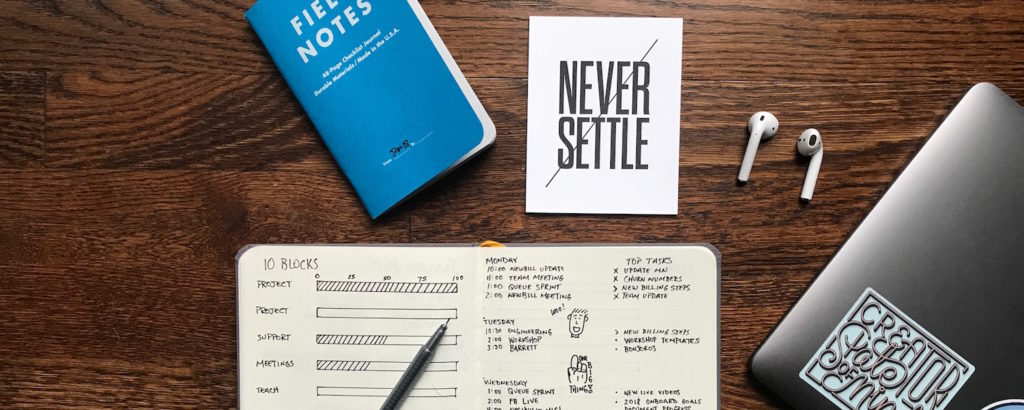
Yes! Irrespective of our social and economic affluence, happiness is connected to us having the time to pursue our pastimes and passions. Yes, it is time affluence that is a better contributor to our overall sense of well-being.
But time affluence is really hard to achieve.
For me, one of my core passions is exercise (I also try and fit in guitar, writing, study and juggling (that last one’s not true) and working say 9-5, presents a challenge. The commute to the gym after work means that a 6pm class is just doable, but I do have to lug my gear there on public transport and my work clothes (afterwards). In summer the 2.5 kilometre walk home with all that gear is awkward but not unenjoyable (unless it’s too hot or a summer thunderstorm presents). A morning class say at 6am is also workable as long as I am prepared to get up at 5am.
Suddenly a day encompassing just work and exercise (as one of my hobbies) captures the hours between 5am-6pm at least or perhaps 7am-8pm.
So if you have passions/pursuits on top of work and health pursuits, and you’d like at least 7 hours of sleep, then you have 4 hours to invest in your passions. Less time on relationships. Less time with family and friends. Less time for your life admin.
Perhaps that’s what weekends are for?
What is clear is that overwhelmingly all the research points to our well-being on so many levels pointing to our development as well rounded and grounded individuals being dependent on us being able to explore our passions, our pastimes our hobbies.
How we can do that in a crazy modern world, and join the only 41% of all people who have found balance in this life area, is a massive part of the book.
Stay tuned.

Leave a Reply